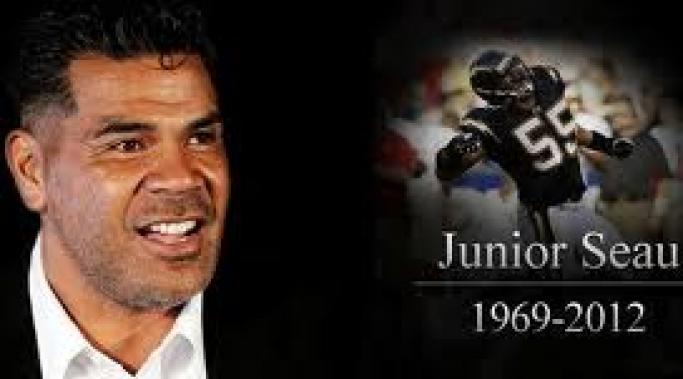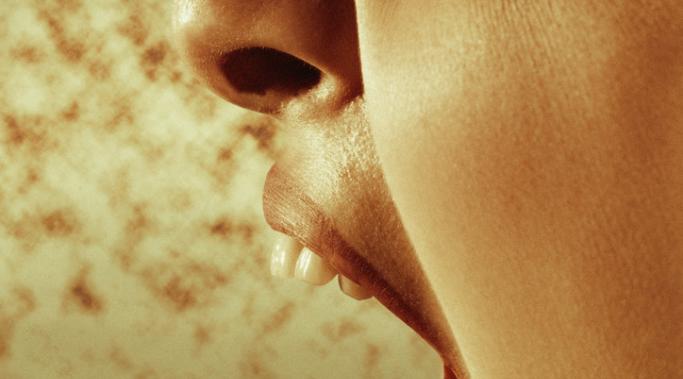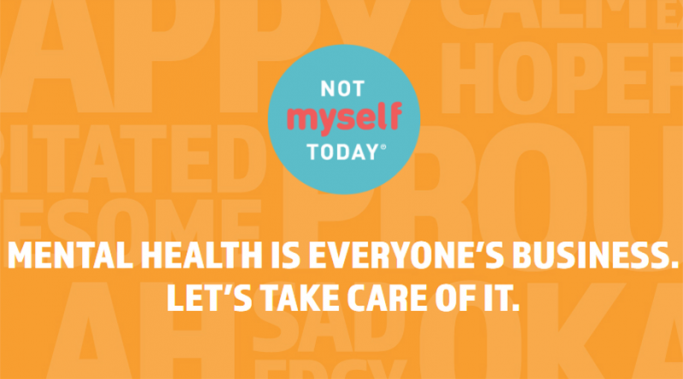Blogs
If you’re an addict, like me, then you probably started to experiment with drugs and/or alcohol in your teen years. I remember the first time I drank vividly when I was 15. It seemed like fun until I woke up with a wicked hangover the next day. But that didn’t stop me. I ended up continuing to drink and eventually go on to abuse other drugs. This early use was the first step to my becoming an addict.
I'm pretty sure I have never written on this topic before. In nearly one-and-a-half years, I have never written exclusively about mental illness and anger. That sort of makes me a bit angry at myself. Just a touch! I think, and perhaps you agree, that the journey we make from the diagnosis of mental illness to recovery is full of anger.
For many years, the psychiatric community has known that therapy plus medication is more effective than either mental illness treatment alone. It all depends on the specific therapy, medication and person, but that’s, generally, the rule.
But the question is, if you’re being a good patient and you’re working your therapy and taking your psychiatric medications as you should, how do you know which one is causing positive results?
From a young age, promising athletes are instructed to show no fear, to be the toughest, fastest and most fearless competitors on the field. They are also told to never show weakness, whether it be physical or mental. And that fear of showing weakness, could be the culprit behind so many suicides and mental health issues in both professional and amateur sports.
Two years ago, I spoke with HealthyPlace's, Gary Koplin, on "De-Romanticizing Anorexia." I was asked to write Surviving ED, an eating disorders recovery blog, after that video post.
I vowed to be completely honest when I started writing this blog.
In some ways, it has been both a painful and rewarding two years.
Christie Stewart
One of the most-requested topics among readers of this blog is self-injury and its affect on romantic relationships. In this blog, I will give you some quick tips on how to tell your boyfriend, girlfriend or significant other that you self-injure.
One of the things that is so debilitating about a chronic, long-term mental illness is that it is so relentless. Day in and day out you face the challenges it brings. On your birthday, it’s there. On Christmas, it’s there. On Arbor Day, it’s there. And no matter how you’re feeling and what’s happening in your life, you have to deal with it. Mental illness isn’t the kind of thing that you can push “pause” on. Mental illness doesn’t wait for later. Mental illness is like a 2-year-old. It wants you now, now, now, now and if it can’t have you, then heck hath no fury like a two-year-old ignored.
But I swear, I could be a better crazy person if I could just get a break once in a while. If I could just get all the nuttiness in my head to shut up for a while I swear I could get on with things like work, and taxes and cleaning and the gym. But the nuttiness in my head will not be quelled and this, I think, is one of the hardest things about mental illness.
If you live with a mental illness, you have probably found yourself wondering if you should talk to your potential or current employer about your illness. It's hard. We all want to be viewed-- especially within our chosen occupations--as competent and talented. We do not want to be labelled, or defined as living with a mental illness. We don't want to be only "a person with a mental illness."
Remember way back when the most interesting thing to complain about was the wretched excess, questionable integrity, sleazy tactics, and relentless disingenuousness of what is referred to as the Presidential Campaign?
Seems like ages ago, does it not? Why? Simple. Reality ripped us from the clutches of affected patriotism and metaphorical backstabbing in a big old dramatic manner unique to nature, nature which gives and removes all that is consequential, unlike political gasbags who – at their very best – do less damage than they might.
A victim mentality is one in which someone blames others for what happens or has happened in their world. A victim mentality probably also affects a person who thinks the future only holds bad things for them or they are unlucky. Victim mentality is buying into and believing that circumstances are beyond your control.


![MP900302920[1]](/sites/default/files/styles/blog_listing/public/uploads/2012/11/MP9003029201.jpg?itok=8NGjkh1h)





